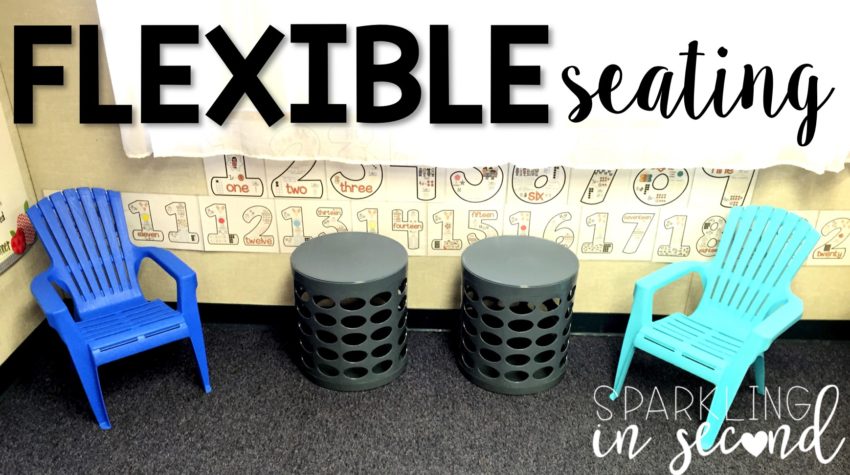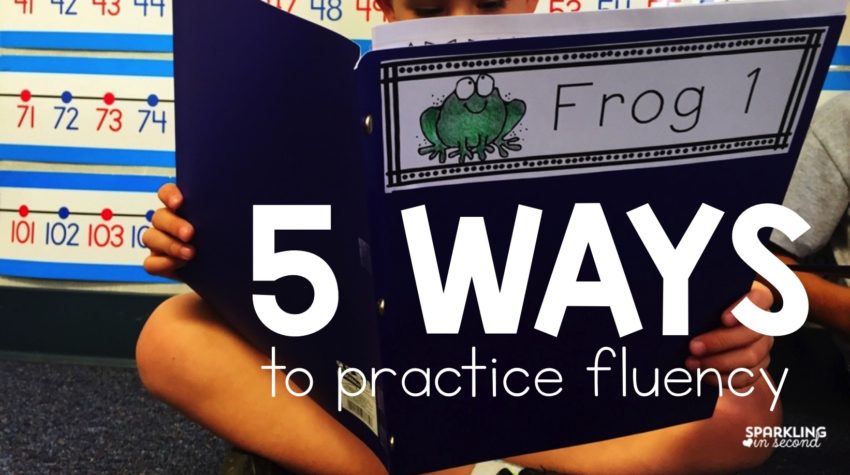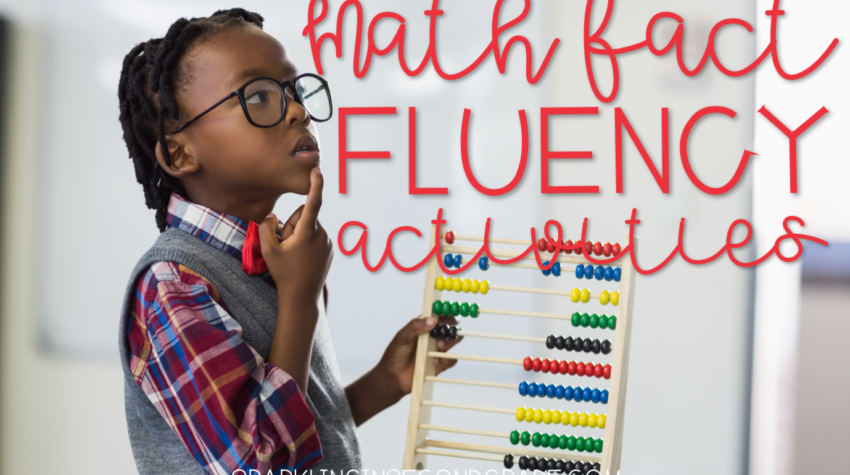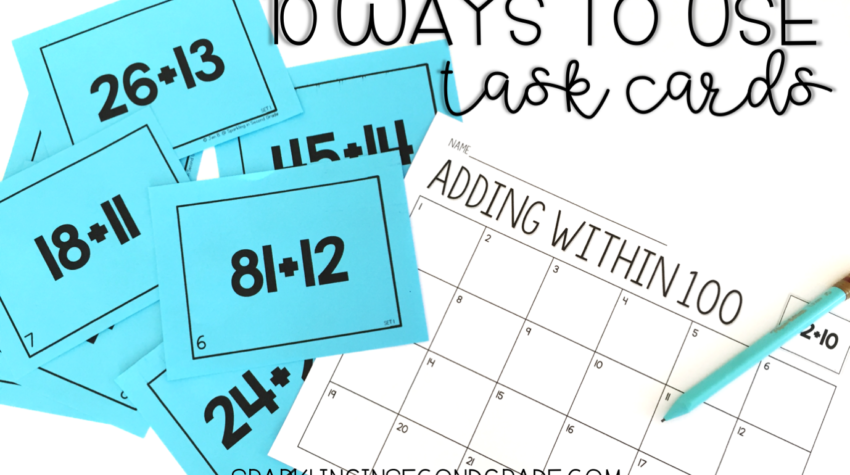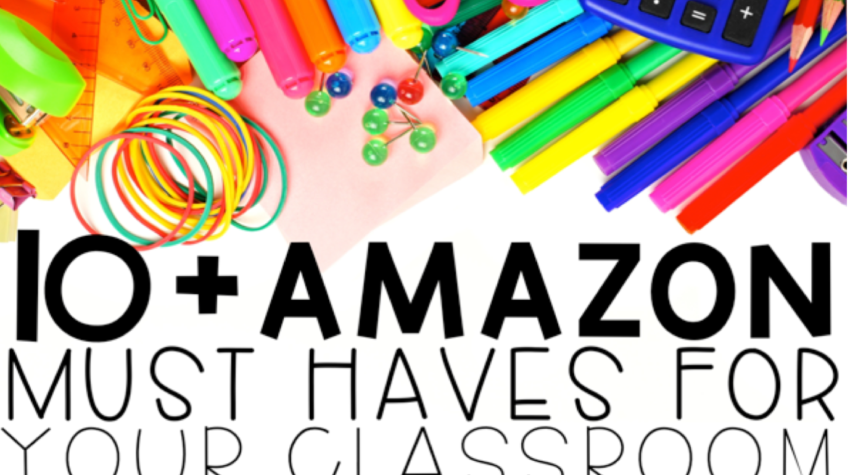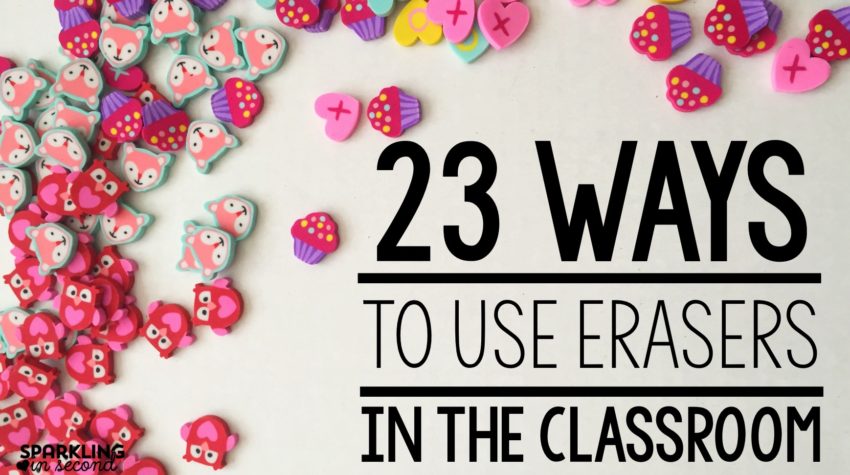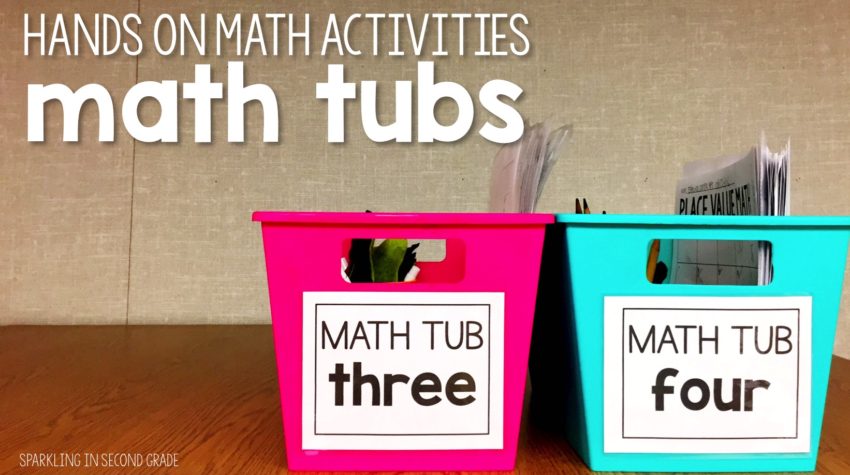I’ve started using UFLI (University of Florida Literacy Institute)’s phonics curriculum in my intervention groups and we are having a great time and learning so much! Here I’ll share some of the lesson tools I am using and will use for the UFLI curriculum. (there are affiliate links throughout this blogpost) UFLI Slides – These are life saving and guide… Read More
UFLI Lesson Tools
Decodable vs Leveled Reader
Since the Science of Reading research has gained traction more recently, I have been discussing the difference between leveled readers vs. decodables (see my instagram highlights for some video details). These are important discussions for those of us who teach primary reading/phonics. It can be confusing to know the difference, but as we revamp and reeducate ourselves to align with Science of Reading, it’s… Read More
The Magic of Silent E!
It’s time for the magic of SILENT E! 🪄 This is absolutely one of my favorite sound/spelling patterns to teach because it unlocks so many more words that creates so much excitement for the students! (note: this isnt the only job of “e”, but it sure is fun) WARM UPS FOR SILENT E When introducing a new phonics patterns, I usually begin… Read More
Subitizing
Subitizing is an important part of learning numbers. Subitizing is when you can identify a set of numbers quickly without counting. A good example of this in our own lives is rolling a dice for a game, it’s very likely you can identify what you land on within a second and you didn’t have to count the dots. This fluidity… Read More
Blending Sounds
Blending sounds is when students fluently join phonemes together to make a word. Successive blending is the most effective blending technique (as research shows here). This is where students “stretch out” the sounds in a continuous manner instead of isolating each sound. Examples of blending with the word mat: Successive blending helps students “hold” the sounds in their brain, because how many times… Read More
Phonological Awareness
Phonological awareness is the ability to hear, identify, and manipulate words (including phonemes-the smallest sounds) in a language. It is directly linked to decoding and in turn, the success of a reader (you can read more about that here if you want more scholarly work). The lovely thing about phonological awareness is, it only takes about 5-10 minutes a day… Read More
Research Project Template
Research projects are a great way to introduce little learners to the world of non-fiction. Throughout first and second grade we enjoy many non-fiction texts. By the end of first grade, I had my first graders doing a research project practically on their own (in a small group). Here are some tips and even a research project template you can… Read More
Short Vowels Intervention
Let’s talk about short vowels. Distinguishing short vowels can be tricky! Especially short i and short e (but I’ll get to that later in this post). Here’s one of my favorite quick activities for short vowel intervention or just practice for that matter. Vowel Tents Basically, your students have “tents” or cards in front of them with each short vowel… Read More
5+ Engaging Sight Words Activities
Sight words are an essential component to reading instruction in all elementary classrooms. Sometimes sight words can feel overwhelming, and to be honest, not the most fun thing to teach. But I’ve got some sight words activities for you to add to your teacher tool-belt to make teaching sight words a breeze! Sight Word Color These sight words activities are great for practicing… Read More
End of the Year Ideas
The end of the school year is right around the corner! Here’s a round up of fun end of the year ideas to help you make it to summer break. Bubble Tags Each year, I do something sweet for my students at the end of the school year. These bubble wands are always a hit with my students. They’re inexpensive… Read More
- 1
- 2
- 3
- …
- 19
- Next Page »

